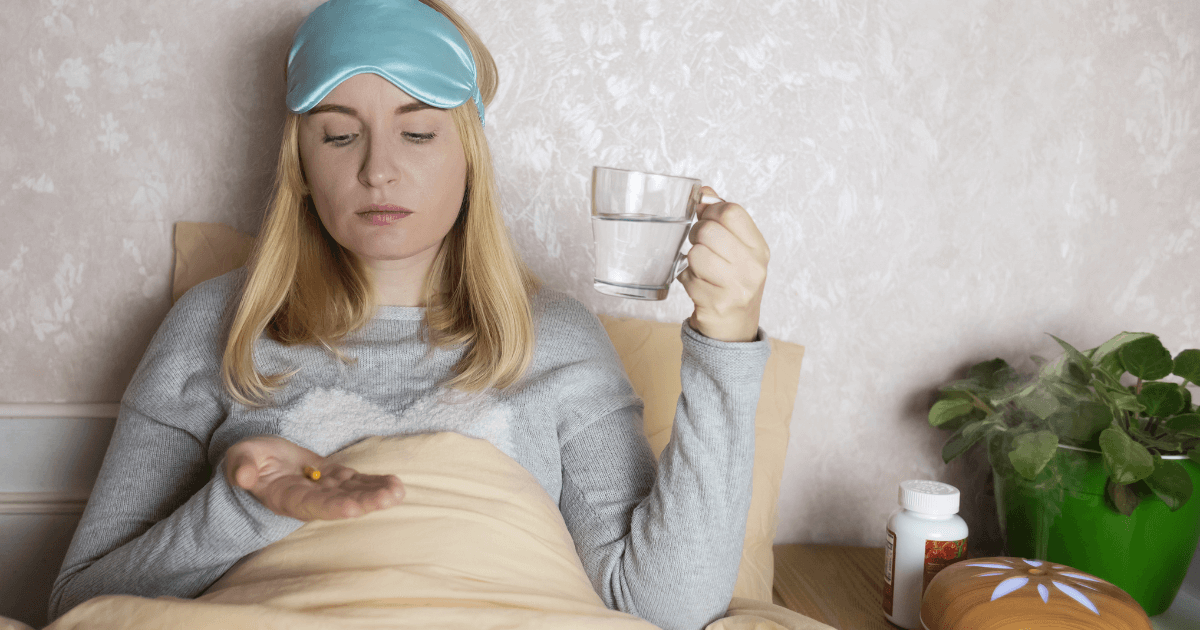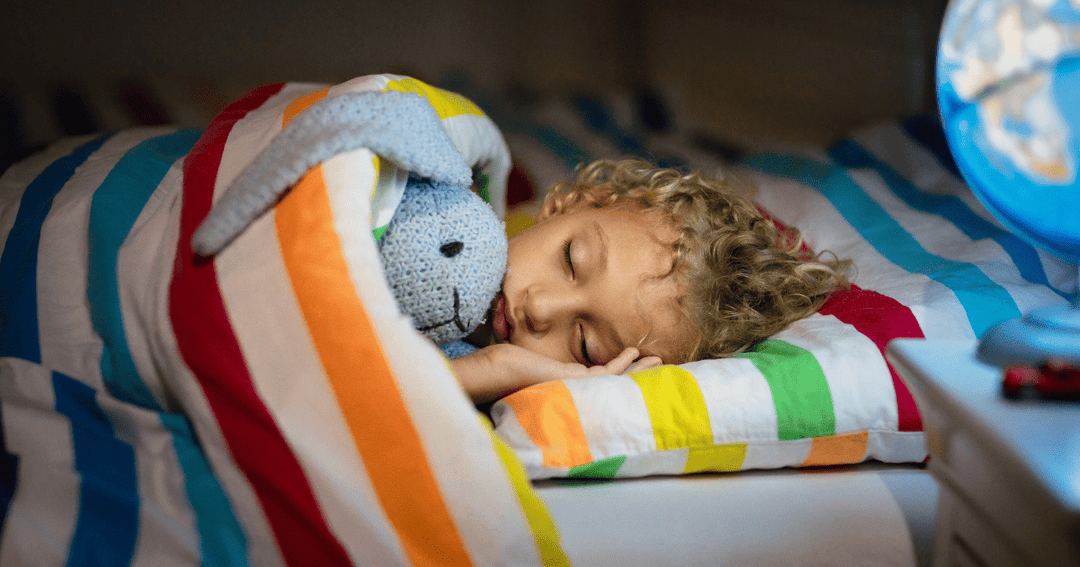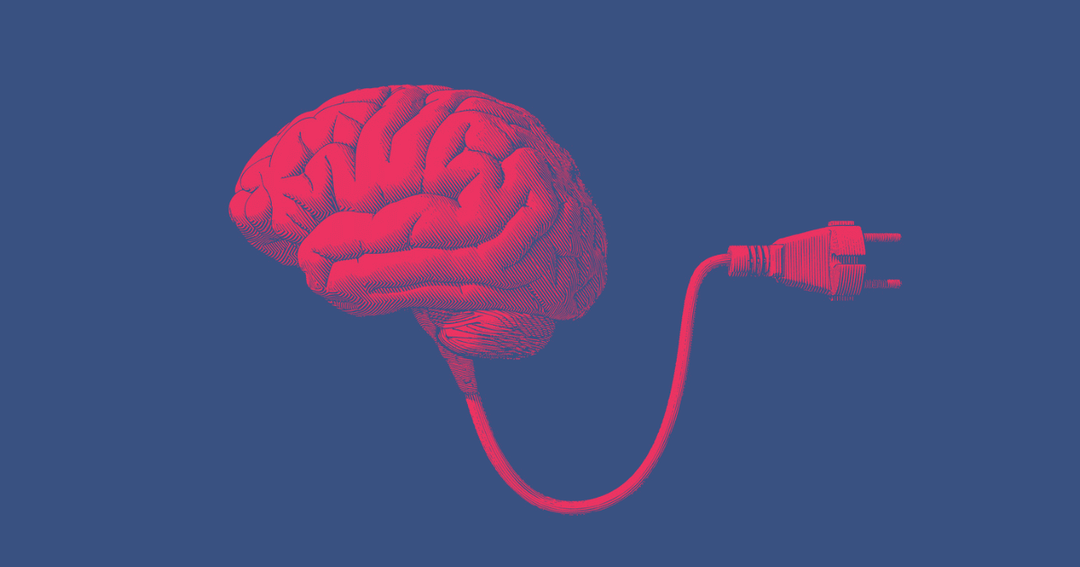BuzzFeed Cautions About the Reality of Melatonin

Synthetic melatonin consumption, whether in the form of pills, gummies, or liquids, has skyrocketed in recent years. However, how safe is it really—and should we really be manipulating our hormones on a nightly basis? BuzzFeed recently covered the reality of what melatonin is, what it does, and whether we should be depending on it for a good night’s sleep.
Our bodies already produce melatonin naturally, as this hormone is the driving force behind our sleep-wake cycle. However, we make less of it as we age. Plus, with our lifestyles of shift work, travel, and bright screens, we’re also messing up that cycle—which is why more and more people are depending on OTC melatonin to try to mimic or get back that natural process.
Add in the stress, anxiety, and insomnia that exploded thanks to the COVID-19 pandemic, and it’s no wonder an increasing number of people are looking for help getting the sleep they need.
Sleep By the Numbers
According to NielsenIQ, in the U.S., we spent over $1 billion on melatonin in 2021. That’s a 28 percent rise from 2020. Around 56 percent of people also reported sleep issues related to COVID-19 in 2021, according to the American Academy of Sleep Medicine (AASM). Of course, the natural melatonin that our brain already produces is the best option for sleep.
This has led many people to think that the next best thing is synthetic melatonin. However, BuzzFeed warns that melatonin can also have side effects and/or negatively interact with other medications. Overall, melatonin supplements “aren’t appropriate for all people and circumstances, and need to be taken at the lowest effective dose—you can definitely take too much melatonin.”
Also: Is Taking Melatonin Regularly Safe? (Here's What Research Shows)
A melatonin “overdose” (though there have been no lethal reports related to taking too much melatonin to date) can include nausea, drowsiness, dizziness, and elevated blood pressure. The risk increases the longer melatonin is taken, and many people take it nightly. This is true of melatonin when taken by adults—and there are even more severe risks for children taking melatonin (a habit that has increased over 500 percent in the last 10 years).
How Melatonin Work
The brain’s pineal gland is the original producer of melatonin. Melatonin is a hormone that lets you know when to go to sleep and when to wake up. It helps us adapt to our 24-hour days and works alongside light. Light reduces melatonin release (whether natural or artificial light), and this hormone is secreted in higher amounts when it’s dark. The goal of naturally produced melatonin is that when the sun starts to go down, we start to relax and get tired as more melatonin is produced. However, shift work or staring at artificial lights (screens) messes up our melatonin production. This can lead to insomnia.
Unsurprisingly, many people reach for synthetic melatonin to help with insomnia. Yet there is little strong scientific evidence that melatonin actually helps with insomnia. A 2020 review of studies found that while melatonin did indeed help those with insomnia, it wasn’t as effective as cognitive behavioral therapy for insomnia (CBT-I). CBT-I depends on correcting bad pre-sleep patterns and establishing a good sleep hygiene regimen. It also addresses how to change your behaviors and thoughts related to sleep.
Also: Can't Sleep? Discover Why Sip2Sleep® Works Better Than Melatonin
According to the AASM, even though one study did find that melatonin supplements were helpful in those over the age of 65 (since we produce less the older we get), “there’s not enough evidence to support using melatonin for insomnia.” Plus, since synthetic melatonin is short-lasting, it might help you fall asleep but won’t help you stay asleep—and the latter is equally important. So, what can you do instead?
Alternatives to Melatonin
A combination of a truly organic sleep aid with no side effects, like Sip2Sleep®, with an improvement in sleep hygiene provides a one-two punch for better sleep. Sip2Sleep® is made with Montmorency tart cherry juice for anti-inflammation and Venetron® (a natural anxiety buster). A better sleep hygiene routine is just common sense, but may take some getting used to.
If you’re looking to get off of or avoid melatonin, these two approaches can help. Start shopping for Sip2Sleep® today to get more, better sleep.







